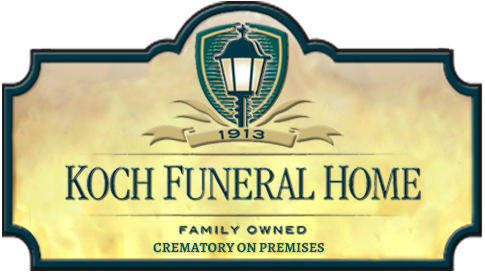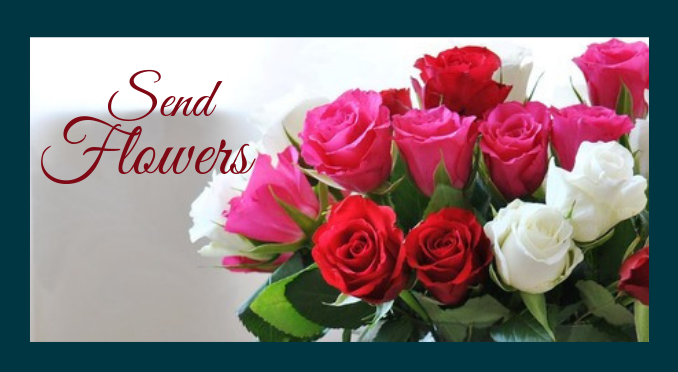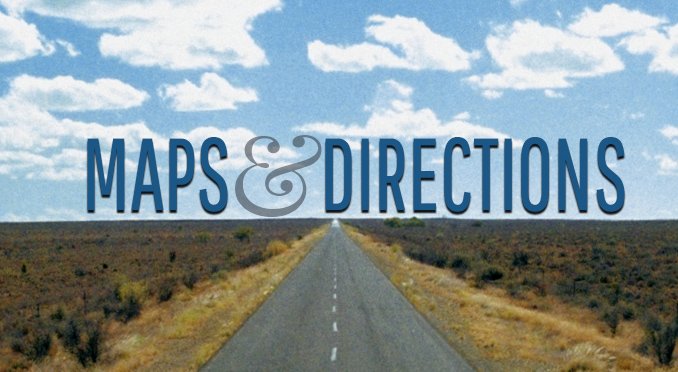2019 - May - Gazette - Authenticity in Life and Death
Authenticity in Life and Death
When I was training with The International End of Life Doula Association we did a fair amount of role playing. Sometimes I was the end-of-life doula and sometimes the dying person. In one particular activity, we were asked to have a conversation about what was important during the active dying process. In other words, as I role played the dying person, I thought about what would be important to me when I only had a very limited number of days left in my life. As you might imagine, this was a difficult and emotional thing to do. Obviously, I realize how fortunate I am that it was just a role playing experience. For others however, this is a reality.
And as I continued with this role play, it became very clear to me that what mattered most was my family. I knew I wanted to be home with them and I knew I wanted to do what would be most helpful and healing for them. Although I have a peace about what happens when I die, I do not want to leave my family nor do I want them to live the pain of losing me. But in the scenario I was being asked to imagine, my overriding desire was to take care of my family as best I could.
Some might think this means trying to make things “easier” for them. The reality is this is not an easy situation and I believe avoiding anything about it ends up being harder for everyone in the long run. As I often quote, Robert Frost once said, “The best way out is always through.” Allowing ourselves to grieve helps move us through it. My desire was instead to make it “authentic” for them. This means that I would be there with them and we would face each day together doing what our inner teacher lead us to do.
I believe authenticity is critical for everyone involved in the dying process themselves and with a loved one. I also believe it is crucial for what happens after the death – who cares for the deceased, how they are honored, the form of disposition chosen and the final resting place selected.
I facilitated an educational gathering that considered end-of-life issues and a woman tearfully said to me, “I thought I was making things easier for my family by requesting no services after my death, but now I’m not sure.” I understood her concern. Here again authenticity is key.
In their book The Good Funeral: Death, Grief, and the Community of Care, Thomas G. Long and Thomas Lynch share the story of Vera Smith. Vera was a 65-year-old woman killed by a hit-and-run driver in New Orleans in the days of devastation following Hurricane Katrina. Her neighbors called the police for five days, but because of more urgent issues, no one came. At this time, these neighbors knew what they needed to do. They took soil, bricks and rocks and began covering Vera’s body in a temporary grave they called “Vera’s Corner.” While they did this they told stories of her life. Eventually, the police did arrive and Vera’s body was cremated but this story illustrates that as people, we know what we need to do – care for the body and tell the stories, the stories of the deceased’s life and the story of how we understand the mystery of life and death. This might not feel “easier,” but it is authentic and we can make it even more so by participating in the process and personalizing it as much as we can.
According to acclaimed cultural historian Thomas Laqueur, “as far back as people have thought about the subject, care of the dead is regarded as the foundation of religion, of community, of civilization itself.” How we continue to care for our loved ones after their deaths says a lot about who we are. It also says something about how we will heal through the grief journey.
In the book Do Funerals Matter? The Purposes and Practices of Death Rituals in Global Perspective, William G. Hoy says, “…some clinicians have posited that a lack of ritual in the immediate aftermath of a loved one’s death contributes to particularly complicated experiences in the resolution of grief.”
Here again, “easier” doesn’t mean avoiding. The reality of a death is very often grief for those left behind. But not caring for the body in a meaningful way and not gathering together to tell the stories and support one another isn’t actually “easier.” Or said without the double negative, kindly caring for the body, gathering together, feeling the support, honoring the life and telling the stories is actually “easier” because of the healing it affords you.
For example, when caring for your loved one’s body, if you choose cremation, it matters to many people whether their loved one is cremated at a funeral home with a crematory on the premises as opposed to one who only offers cremation services and ships your loved one to another location. Plus, countless people who hesitated at first, have later looked me in the eyes after the authentic and personalized services and expressed gratitude for knowing in a new way how their loved one’s life mattered, how it touched so many other lives and how those left behind were supporting them as they begin to make their new life.
What are your choices and what feels authentic for you? I encourage you to think about it, talk with your family and meet with a funeral director to preplan so you can let it go with the peace of mind you’ve cared in advance for your loved ones to help them heal. Then go out there and seize the day and live your life fully now!
We offer the following upcoming programming to support you on your grief journey and as you consider these important decisions:
- Monday’s Moments Complimentary Luncheon – “Grief. Companions Come in Many Forms,” Monday, June 3 from 12:00 to 1:30 p.m. at the Courtyard by Marriott, 1730 University Drive, State College – Having companions with us on our grief journeys is incredibly helpful. And these companions come in many shapes and sizes, for example, loved ones, friends, support group members, mental health professionals, clergy members, spiritual directors, pets and other animals. At this gathering, we’ll discuss the importance of grief companions and the variety of places to find them. Please email Jackie@JackieHook.com, call 814-404-0546 to RSVP by Wednesday, May 29.
- Death Café, June 17 from 4:30 to 5:30 p.m. at Webster’s Bookstore Café, 133 E. Beaver Avenue, State College with Complimentary Desserts Provided by Webster’s - Please join us at our third Monday of the month Death Café where we’ll drink coffee and tea, eat cake and discuss death. Our goal is to increase awareness to help us all make the most of our lives. Together we’ll have a group-directed discussion with no agenda, objectives or themes. This is a discussion group not a grief support or counseling session.
For more information about these programs, please visit the Koch Funeral Home website’s Bereavement Gatherings and Events section under the Local Resources tab. All of these events are open to the public and space is limited.
We hope you join us.
Jackie Hook, MA, is a spiritual director, celebrant and end-of-life doula. She coordinates the Helping Grieving Hearts Heal program through Koch Funeral Home in State College. For more information, please call 814-237-2712 or visit www.kochfuneralhome.com







Comments